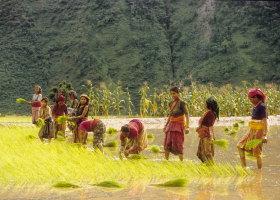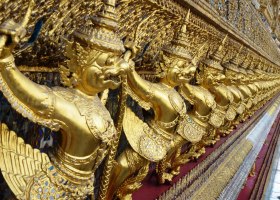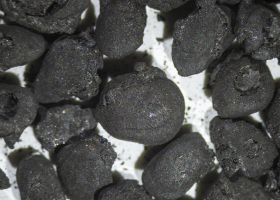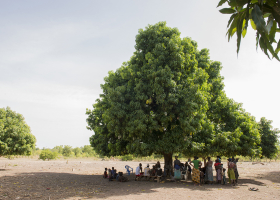
CNRS Humanities & Social Sciences
The scientific objectives of the CNRS Humanities & Social Sciences are to study and understand societies and human beings by developing theories, methods and tools in the units it steers alone or jointly. In partnership with universities and major research and higher education institutions, the CNRS Humanities & Social Sciences favours the emergence of new research themes, multidisciplinarity within the human and social sciences and interdisciplinary links with other sciences. Finally, it promotes the internationalization of French humanities and social sciences.











